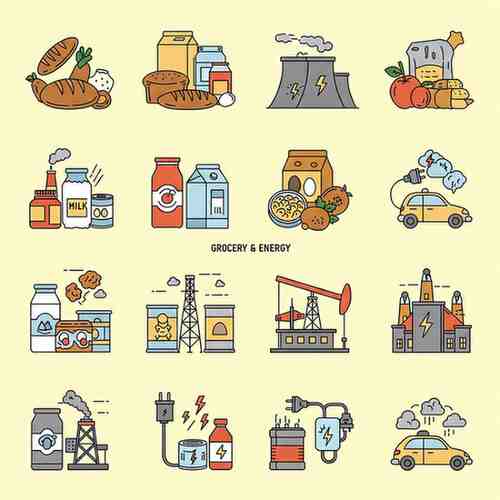
What is Commodity Trading?
What is Commodity Trading?
In the world of investments and wealth creation, commodities offer a unique allure, distinct from traditional avenues like stocks and bonds. But what is commodity trading? Simply put, it’s the buying and selling of commodities, which are raw materials or primary agricultural products. From precious metals to energy resources and agricultural goods, commodities have been traded for centuries, playing a crucial role in global economies. In India, the commodity trading in India landscape is gaining significant traction, attracting investors seeking to diversify their portfolios.
Thank you for reading this post, don't forget to subscribe!How Commodity Trading Works?
The prices of commodities are primarily governed by the fundamental principles of supply and demand. Limited availability and high demand drive prices up, while abundant supply and low demand cause them to fall. To facilitate trade, standardized contracts are used, specifying the quantity and quality of the commodity being traded. Unlike the stock market, where you trade shares of companies, commodity trading involves trading contracts for physical goods. Commodity exchanges act as organized marketplaces, providing a platform for buyers and sellers to interact.
The Indian Commodity Market: An Overview
Commodity trading in India has a rich history, evolving significantly over time. Today, the Indian commodity market is regulated by bodies that ensure fair and transparent trading practices. Several commodity exchanges in India facilitate this trading, including the Multi Commodity Exchange of India (MCX), the National Commodity & Derivatives Exchange (NCDEX), and the Indian Commodity Exchange (ICEX). These exchanges offer a wide range of commodities for trading.
Types of Commodities and Markets
Types of commodity markets are diverse, encompassing agricultural commodities (like wheat, rice, and spices), energy commodities (such as crude oil and natural gas), metals (including gold, silver, and copper), and bullion. The types of commodities traded in India reflect this global variety. Some of the most-traded commodities include gold, crude oil, and agricultural products like guar seed. Within these categories, trading can occur in spot markets (for immediate delivery) or futures markets (for delivery at a later date).
Participating in the Market
To participate in buying and selling of commodities in India, you’ll need both a Demat account and a trading account. These accounts allow you to hold and trade commodity contracts electronically. When trading, you’ll need to deposit margin money, a percentage of the contract value. Leverage allows you to control larger positions with a smaller initial investment, but it also amplifies potential losses. 1 Therefore, sound risk management strategies are crucial for effective trading strategies.
Making “Informed Decisions” and Employing “Effective Trading strategies”
Making informed decisions is paramount in commodity trading. This requires thorough research and analysis. Two primary approaches are fundamental analysis (assessing supply and demand factors) and technical analysis (studying price charts and patterns). Staying updated on market news, global events, and supply-demand dynamics is essential for successful trading.
How to Choose a Commodity Broker?
Selecting the right commodity broker is crucial. Consider factors such as brokerage fees, the quality of their trading platforms, the availability of research support, and their regulatory compliance. Opt for a reliable and reputable broker to ensure a smooth trading experience.
Conclusion: Empowering Your Commodity Trading Journey
About commodity trading in India, it offers both opportunities and challenges. By understanding the fundamentals, making informed decisions, and employing effective trading strategies, you can navigate this dynamic market successfully. Continuous learning and a disciplined approach are key to a rewarding commodity trading journey.
Related Blogs:
How to Diversify Your Portfolio with Commodities: A Strategic Approach
Commodity Trading: Key Strategies for Risk Management and Informed Decisions
The Rising Appeal of Commodities for Indian Investors
Top Strategies and Tips for Maximizing Profits in Commodity Trading
Different Types of Commodities and Their Trading Characteristics
Beyond Stocks: Exploring the World of Commodities
Diversification Strategies: Combining Commodities and Equities
Commodity vs Equity Market: A Beginner’s Guide to Understanding the Differences
What are Commodities? Understanding the Basics
Why Energy Commodities Deserve a Spot in Your Indian Investments
Disclaimer: This blog post is intended for informational purposes only and should not be considered financial advice. The financial data presented is subject to change over time, and the securities mentioned are examples only and do not constitute investment recommendations. Always conduct thorough research and consult with a qualified financial advisor before making any investment decisions.

